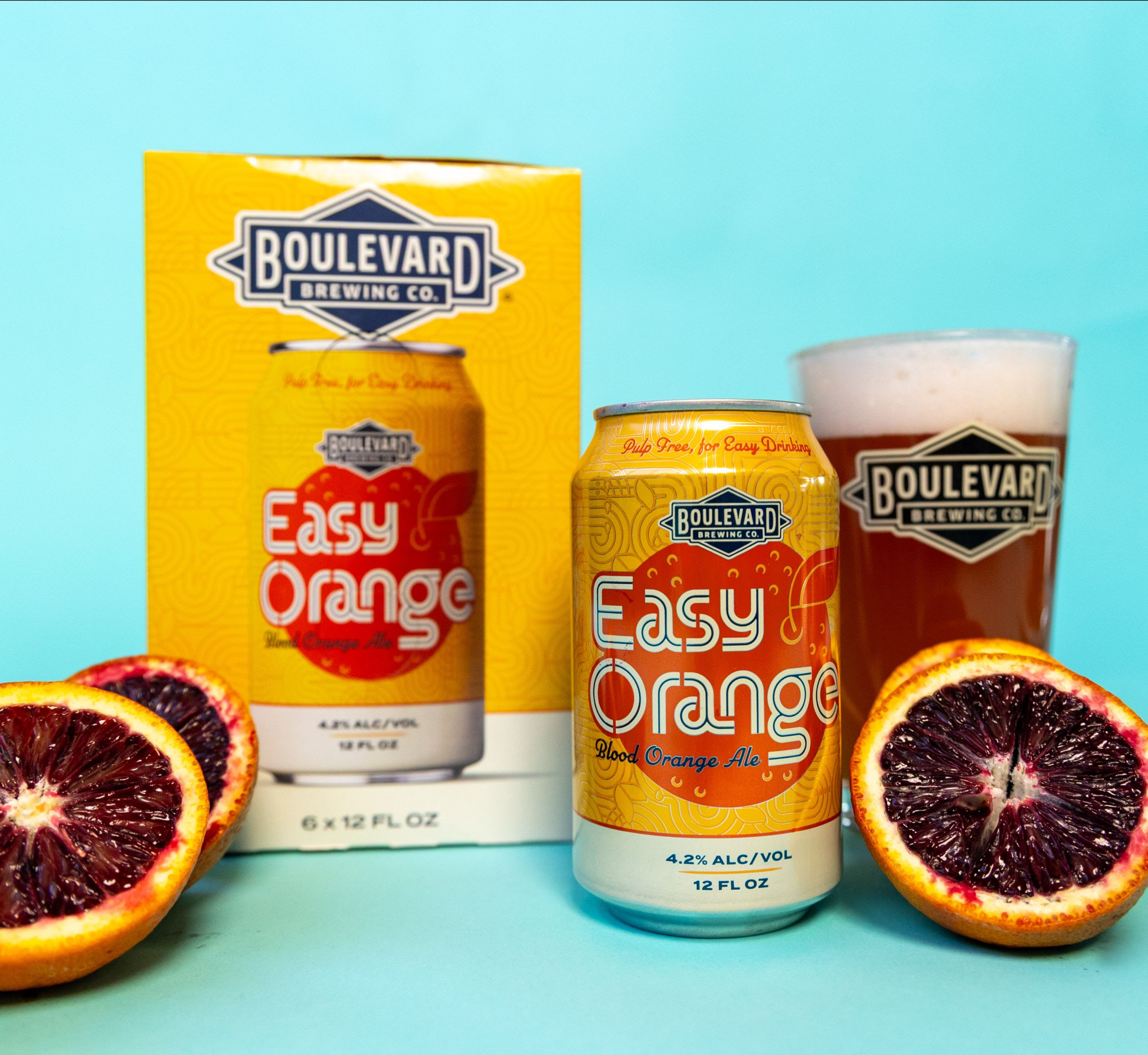 From Anheuser-Busch:
From Anheuser-Busch:
Last week, The New York Times welcomed the coming baseball season with a celebration of one of the best partners of baseball – the American lager. In making the case for lagers over other styles, the piece noted, “Minimalist lagers, in general, are more difficult to produce than fruity, complex ales. They are subtle, demanding more precision and more specialized equipment. Ales, by contrast, tend to be more forgiving of errors.” We couldn’t agree more.
To steal a baseball reference, the lager is the sure-handed middle infielder of the beer world. Smoothness is important. Errors stand out. A great lager has a clean taste and is absent of any off-flavors. Budweiser has long been among the most popular American lagers because of our dedication to creating a consistent, quality beer. You can’t cut costs or corners on a lager. The flavor simply won’t allow for it.
But that’s where we part company with this New York Times article. As the world’s largest brewer of the style, we think we’ve long perfected the recipe for the American lager, not denatured it. The Budweiser recipe has always included rice to achieve the clean, polished flavor that millions of lager drinkers enjoy and have come to expect from a Budweiser. Given that adjuncts have been part of many well-made American lagers for hundreds of years, the decision to “exclude lagers that used cereal adjuncts in the industrial style” from this review seems rather odd.
Adjuncts have been used in brewing for thousands of years; honey or fruit has been used alongside grain since beer was invented. Some beer styles simply demand the use of adjuncts. For example, oats – another cereal grain – contribute body and flavor to oatmeal stouts. Similarly, adjuncts help give American lager its distinctive taste. Even the Brewers Association, which represents small craft brewers around the country, has revised its definition of traditional brewing, recognizing “that adjunct brewing is quite literally traditional, as brewers have long brewed with what has been available to them.” Many brewers, both craft and macro, want to brew with these ingredients, either for new experimental styles or following traditional recipes.
But this isn’t just about subjective definitions, and as a brewing scientist, I’m going to get technical about it. Historically, clarity was a very important quality consideration when brewing a lager. Rice contains less haze-causing protein than barley but is still a good source of fermentable sugar. Further, the rice itself lends a subtle fruit, slightly nutty flavor. This made it attractive to a brewer trying to make a clear, crisp lager in the 19th century, and why Adolphus Busch included rice in Budweiser’s original recipe. Rice is now part of the legacy and what contributes to its subtly complex flavor profile. A quality lager’s flavor is not “vague”; it is clean enough to allow the beer’s soul – like Budweiser’s biscuity barley malt and fruity yeast notes – to shine through unmasked. Above all, using rice has nothing to do with costs. In fact, the American-grown rice we use here is a valuable commodity grain that can cost as much or more than barley malt.
In the end, what matters most is taste. Recently at a blind tasting, we pleasantly surprised a bar full of Brooklynites with how great Budweiser really tastes. That’s a pretty tough beer crowd to win over. So while The New York Times may think that “Defining ‘American lager’ was difficult,” we’ve been doing just that for more than a century. The work and cost that go into brewing every Budweiser as consistently as the last and with the best ingredients possible is unmatched. While I might not be able to help the Yankees with their shortstop problem, I am proud to go to work every day to help serve baseball fans a quality American lager, Budweiser.
Peter Wolfe is a brewing scientist at the Anheuser-Busch Technical Center in St. Louis. He has a MS in Food Science and Technology from Oregon State University where he did extensive research on dry hop aroma extraction. You can regularly find him talking all things beer and hops on reddit.com/r/beer.









0 comments (click to read or post):
Post a Comment
Please leave a comment...I do moderate each comment so it may not appear immediately...and please be nice! You can also comment using Disqus (below) or even comment directly on Facebook (bottom).